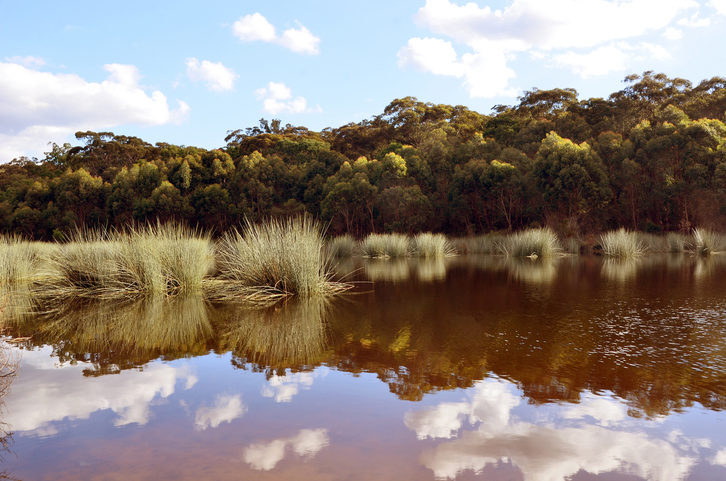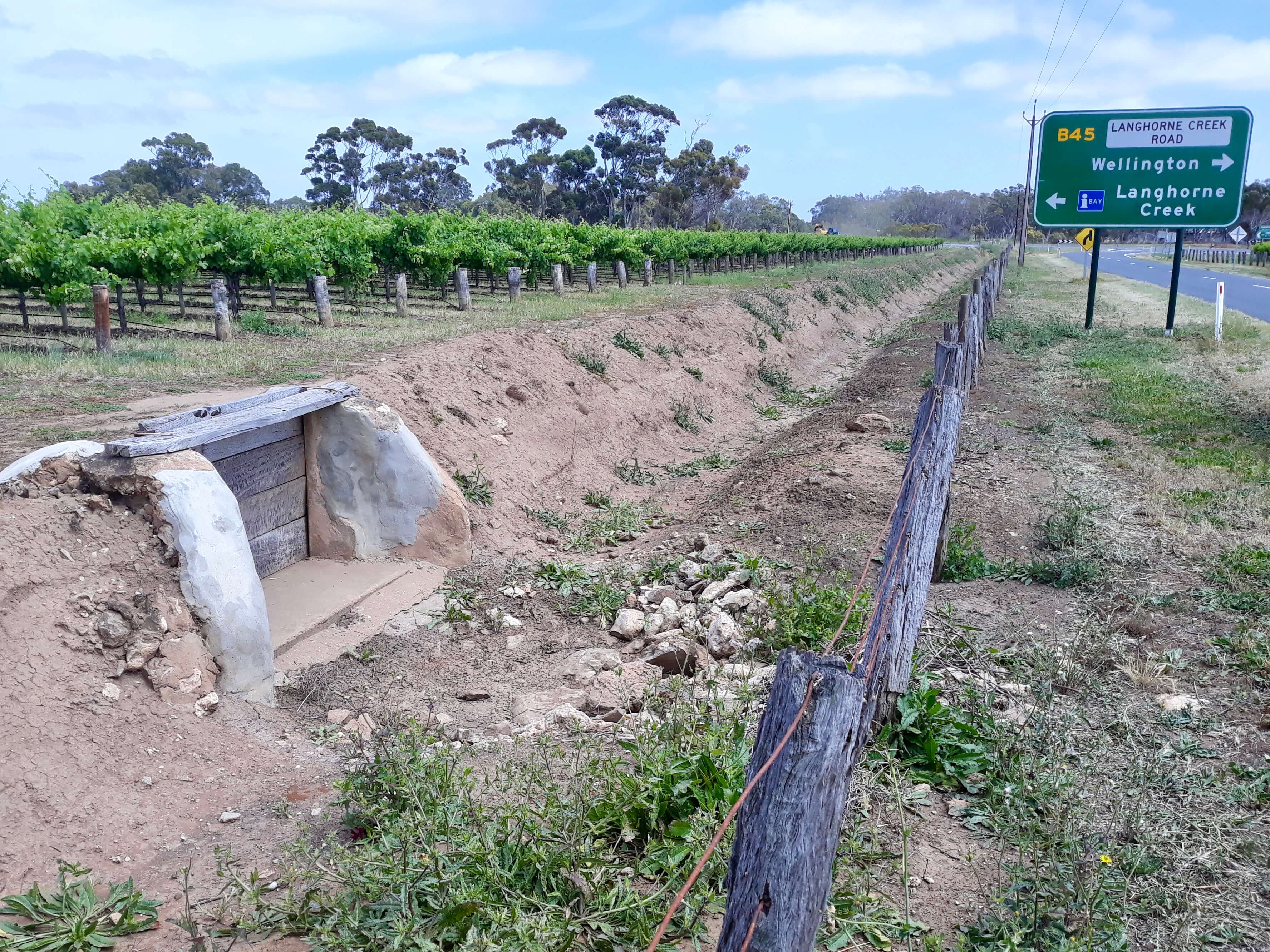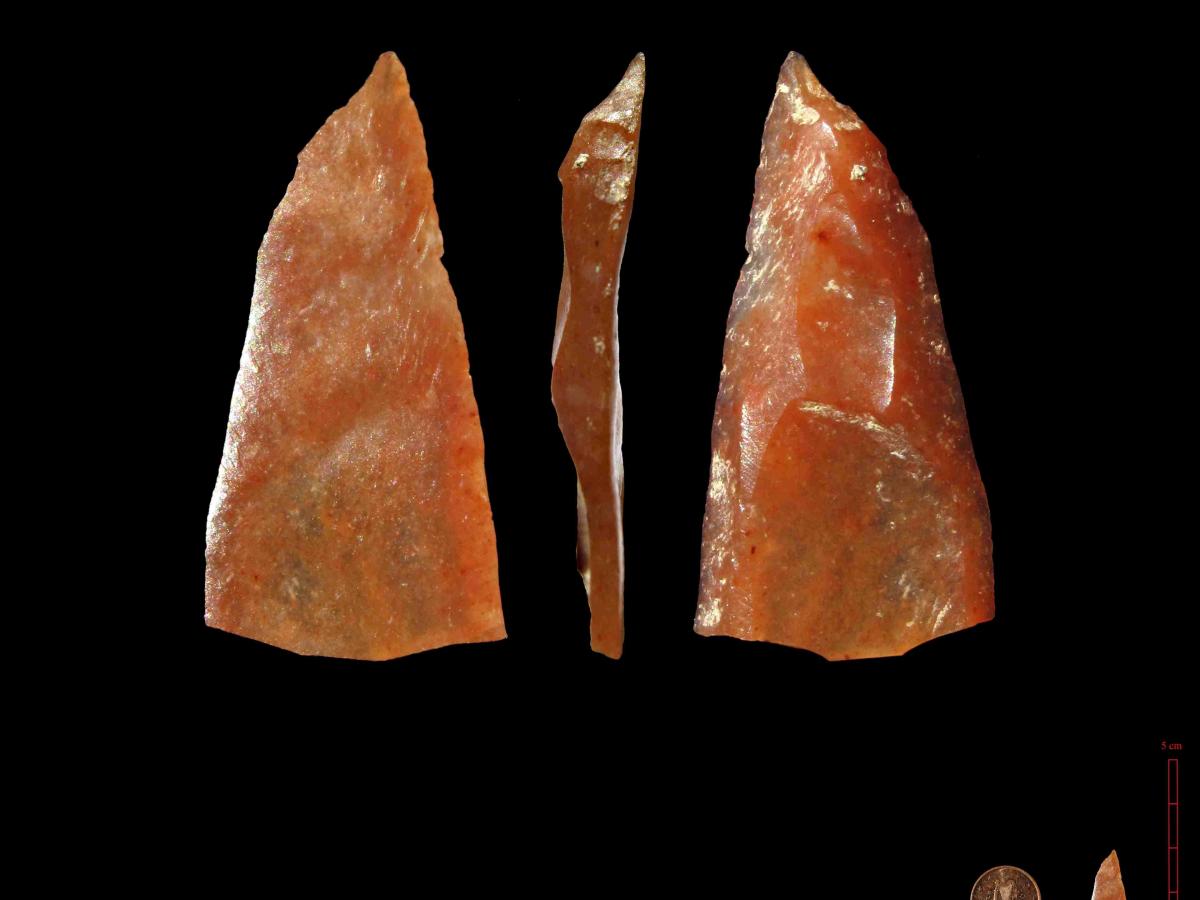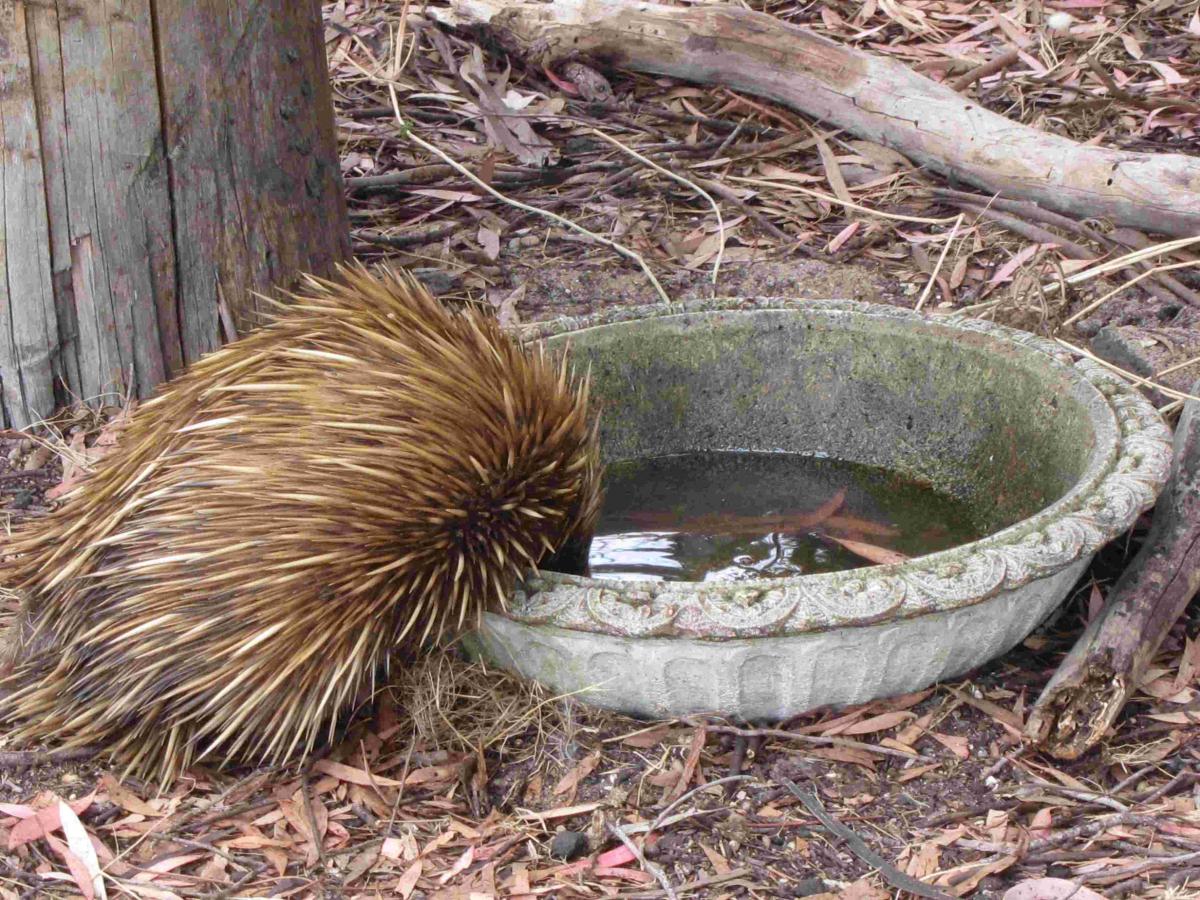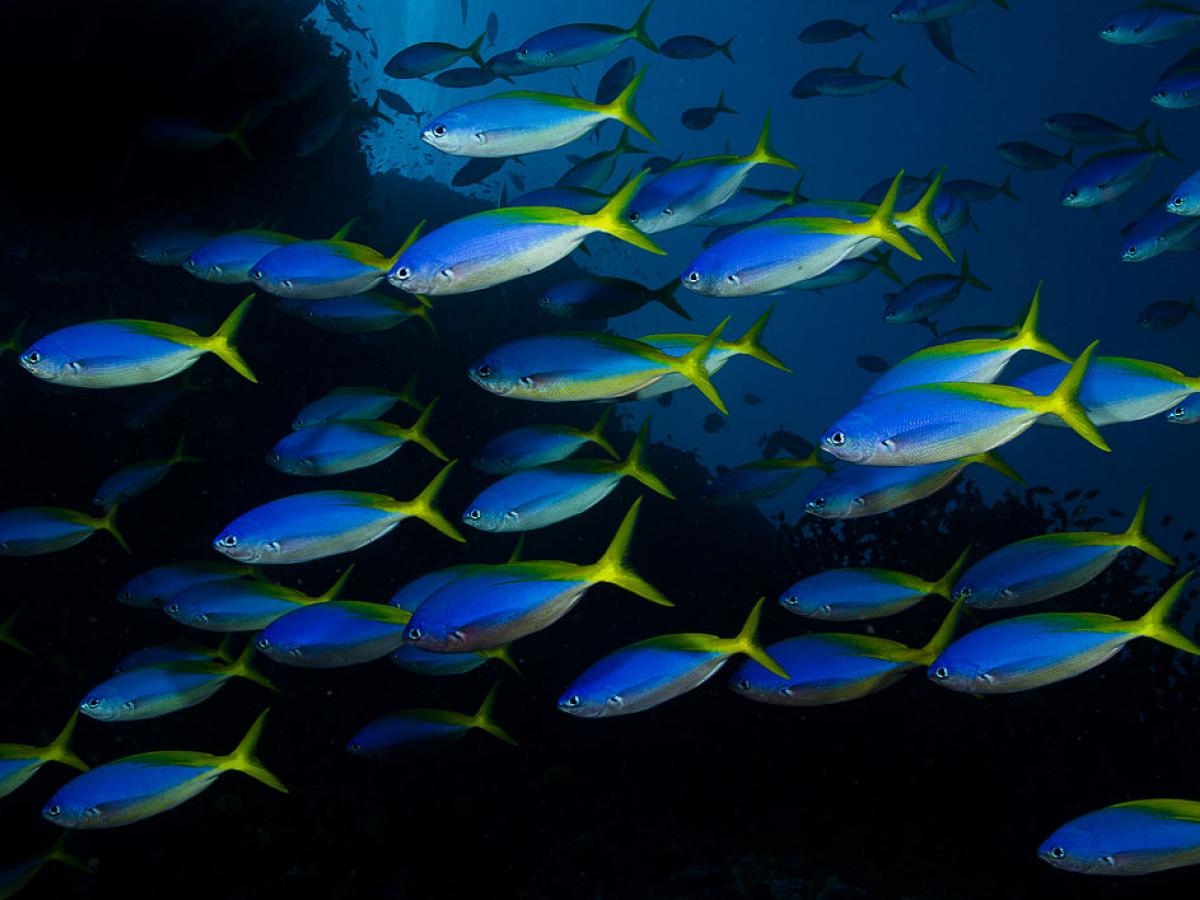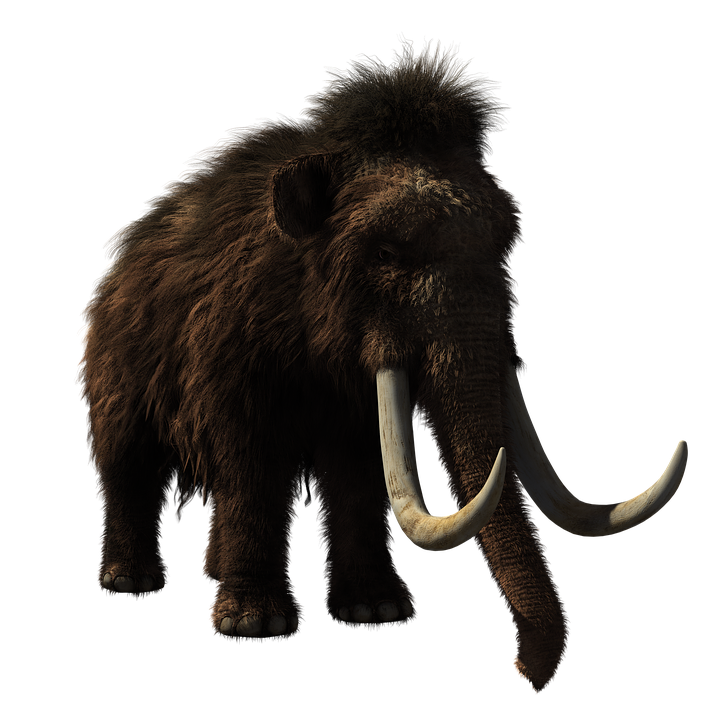BLOGS WEBSITE
Category: Publications
We helped fill a major climate change knowledge gap, thanks to 130,000-year-old sediment in Sydney lakes
Plants capture around half the carbon we emit by burning fossil fuels, making them a crucial part of mitigating climate change. But carbon is often released back into the atmosphere when plants die, decompose and eventually turn into dirt. Carbon is only permanently removed from the atmosphere if it’s stored in sediments that accumulate at the bottom […]
Comments Off on We helped fill a major climate change knowledge gap, thanks to 130,000-year-old sediment in Sydney lakes
History of modern human arrival in Europe rewritten, as new fossil discovered
An international research team including scientists from the University of Adelaide has found evidence of human occupation in Europe almost 10,000 years earlier than previously documented, a discovery that stands to rewrite modern human and Neanderthal histories on the continent. In a study published in Science Advances and led by Toulouse University, France, the authors dated distinctive stone tools and […]
Comments Off on History of modern human arrival in Europe rewritten, as new fossil discovered
Citizens help unlock the secret lives of echidnas
Researchers at the University of Adelaide’s Environment Institute and members of the general public have recorded the largest number of echidna sightings across Australia to aid in the conservation of the iconic mammal. In a paper published in PNAS, the researchers describe the outcomes of the Echidna Conservation Science Initiative (EchidnaCSI), a citizen science project established in […]
Comments Off on Citizens help unlock the secret lives of echidnas
Ocean acidification and warming disrupts fish shoals
Researchers from the University of Adelaide have found that the way fish interact in groups is being upset by ocean acidification and global warming. “Fish show gregarious behaviour and cluster in shoals which helps them to acquire food and for protection against predators,” said project leader Professor Ivan Nagelkerken from the University of Adelaide’s Environment […]
Comments Off on Ocean acidification and warming disrupts fish shoals
New, budget-friendly method detects lime in soil
University of Adelaide scientists have developed a new simple, inexpensive and fast method to detect and measure very low concentrations of agricultural lime in soils, which is generally a time consuming and difficult exercise. The research is published in leading soil science journal Geoderma. PhD student and lead author of the study Ruby Hume, developed this […]
Comments Off on New, budget-friendly method detects lime in soil
Alien organisms – are they a threat to biosecurity?
Scientists warn, without good biosecurity measures ‘alien organisms’ on Earth may become a reality stranger than fiction. Published in international journal BioSciences, a team of scientists, including Associate Professor Phill Cassey, Head of the Department of Ecology and Evolutionary Biology at the University of Adelaide, are calling for greater recognition of the biosecurity risks ahead of […]
Comments Off on Alien organisms – are they a threat to biosecurity?
Humans hastened the extinction of the woolly mammoth
New research shows that humans had a significant role in the extinction of woolly mammoths in Eurasia, occurring thousands of years later than previously thought. An international team of scientists led by researchers from the University of Adelaide and University of Copenhagen, has revealed a 20,000-year pathway to extinction for the woolly mammoth. “Our research […]
Comments Off on Humans hastened the extinction of the woolly mammoth
Climate change targets were flawed from the very beginning
According to new research from the University of Adelaide, the 2050 target to reduce climate change emissions is too little and too late. “The warming goals of Article 2 of the Paris Agreement are too little because the target only specifies what we should do with greenhouse gas (GHG) emissions; and too late because we […]
Comments Off on Climate change targets were flawed from the very beginning

